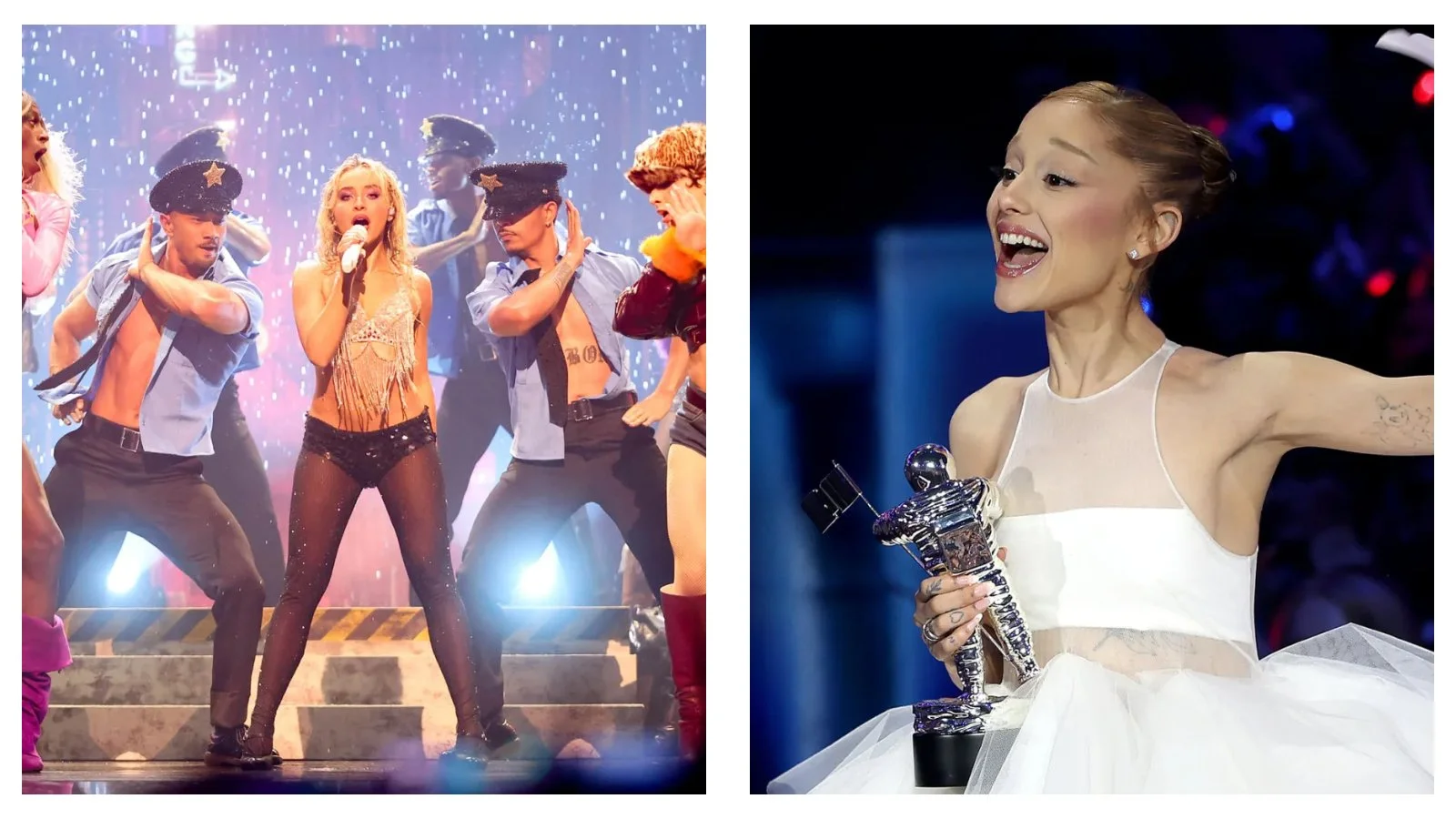MTV Music bows out: The end of an era for music television
As MTV’s global music channels prepare to shut down by the end of 2025, Music News Blitz’s Lindokuhle Mlombo reflects on the network that once defined what it meant to watch and feel music.
MTV, once the global heartbeat of pop culture, is saying goodbye to its music channels.
Paramount Global, the network’s parent company, confirmed that by 31 December 2025, MTV Music, MTV 80s, MTV 90s, Club MTV and MTV Live will go off air across Europe and other international regions.
The decision marks the end of a 40-year chapter in music television history.
The closures, first announced in early October, will affect audiences in the UK, Ireland, Germany, France, Poland, Australia, Brazil and several other countries.
Only the flagship MTV channel will remain, and even that is now dominated by reality shows and youth-oriented entertainment, not music.
READ MORE: Music opinion: Do the VMAs still shape pop culture?
Why MTV pulled the plug
MTV’s move is part of Paramount Global’s sweeping cost-cutting plan following its merger with Skydance Media earlier this year.
The company aims to trim hundreds of millions in expenses worldwide, but economics alone do not tell the full story.
The truth is that the world has outgrown traditional music television.
Once the epicentre of discovery and fandom, MTV’s linear channels have steadily lost relevance in the age of YouTube, TikTok, and Spotify. Music videos, once an appointment viewing event, are now live on demand, algorithmically delivered to users’ feeds.
“Music TV has become background noise in a streaming world,” says London-based media analyst Carla Evans. “People do not wait for premieres anymore, but they scroll to them.”
As a result, viewership across MTV’s music feeds has declined sharply in recent years.
For many, the brand’s pivot to reality TV led by The Real World, Jersey Shore, and Teen Mom had already signalled the network’s slow farewell to its original identity.
The cultural loss
For generations of fans, the shutdown feels deeply symbolic. MTV was not just a television channel. It was a cultural language.
From TRL (Total Request Live) countdowns to the MTV Unplugged sessions that turned raw performances into legendary moments, MTV defined what it meant to experience music together.
It was where artists like Nirvana, Beyonce, Eminem and Britney Spears shaped not only their careers but entire eras of sound and style.
The closure of its music channels means more than the end of a broadcast. It is the fading of a shared ritual.
In the words of one fan commenting online, “MTV taught us to see music, not just hear it.”
YOU MAY ALSO LIKE: Skinty Fia: A look back on Fontaines D.C.’s big break - Irish identity and moody reflection
What happens next
With the five music channels disappearing, MTV’s main global feed will remain, but its focus has long shifted toward entertainment and lifestyle content.
The brand will live on digitally through its YouTube channels, social media platforms, and live event franchises like the MTV Europe Music Awards.
For artists and music video directors, the shutdown further confirms a broader shift in the industry.
Television no longer holds the same promotional power it once did. Instead, the battleground has moved online, where short-form visuals and viral trends decide what becomes a hit.
A mirror change
MTV’s decline mirrors the transformation of the music industry itself from shared television experiences to deeply personalised digital ones.
The end of MTV Music is not just the closing of a network, but it is the sunset of a cultural era that once united fans across continents.
As the final broadcasts approach, nostalgia has flooded social media. Clips of early MTV logos, countdown shows, and iconic VJ moments are resurfacing.
The sentiment is clear: MTV may no longer play the music, but it will always be remembered for changing how the world saw it.
Video Killed the Radio Star by The Buggles was the first video ever played on MTV in 1981.
Fittingly, as MTV’s music channels prepare to sign off in 2025, it feels like a full-circle moment, not a death, perhaps, but a transformation in how music continues to find its audience.
READ NEXT: Annatoria and the Gospel debate: Fans weigh in on her love for secular music




